Ethical clothing comes in all shapes and sizes. From small start-up companies to major corporations, many brands are embracing ethical practices. But, while a brand may have great morals and make brilliant ethical policies, it’s important to also look further down the supply chain—the manufacturers.
From sourcing fabrics to sewing the last stitch, manufacturers are responsible for the product before it even hits the store. Manufacturing is often where the majority of ethical concerns arise. Unpaid and underpaid labour, poor manufacturing conditions, and little to no environmental plan for waste products are some of the ethical issues that can have vast repercussions.
While the responsibility of choosing an ethical manufacturer falls on the clothing brand, it’s still important for us to know what goes into it. By giving ourselves a peek at the logistics behind the clothing industry, we can be better consumer activists.
So What Makes a Manufacturer Ethical?
Ethicality is a spectrum.
One manufacturer might focus heavily on fair wages, but still have some safety concerns. Another manufacturer does all the right things environmentally, but discourages unions.
Generally, we only need to look at a handful of factors to determine how ethical a manufacturer may be.
Some examples of these might be:
Wages
- Does the company pay all employees a liveable wage?
- Are all workers adults that have freely chosen this job?
- Do the workers have to work incredibly long hours to get a liveable wage?
- Can they provide not only for themselves but for their families as well?
Worker Conditions
This goes hand-in-hand with wages.
- Are the workers treated well?
- Are they given adequate breaks and mealtimes?
- Do they have access to help (medical or otherwise) should they need it?
- Are they allowed to unionize or advocate on their own behalf?
Environment
- How do the manufacturers deal with waste?
- Where do they source their materials from?
- How do they try and cut back on their carbon footprint whenever possible?
The list of ethical choices a manufacturer can make can be long, and there is no such thing as a 100 percent ethical manufacturer. Although, that shouldn’t diminish the fact that many are working their way toward that goal as much as possible.
But should it be up to us, the consumers, to ask these questions? Perhaps.
Well, who else is there?
Ethical Standards Groups
There are a number of initiatives to make fashion, as a whole, more sustainable.
Notably, there’s the U.N. Alliance for Sustainable Fashion. It is an all-encompassing set of goals and guidelines in the fashion industry—from suppliers to the stores themselves. Unfortunately, it largely relies on other organisations to do the groundwork, but it’s still important for providing resources and education.
On the ground, there are several groups that measure aspects of ethics within manufacturing groups:
World Fair Trade Organization
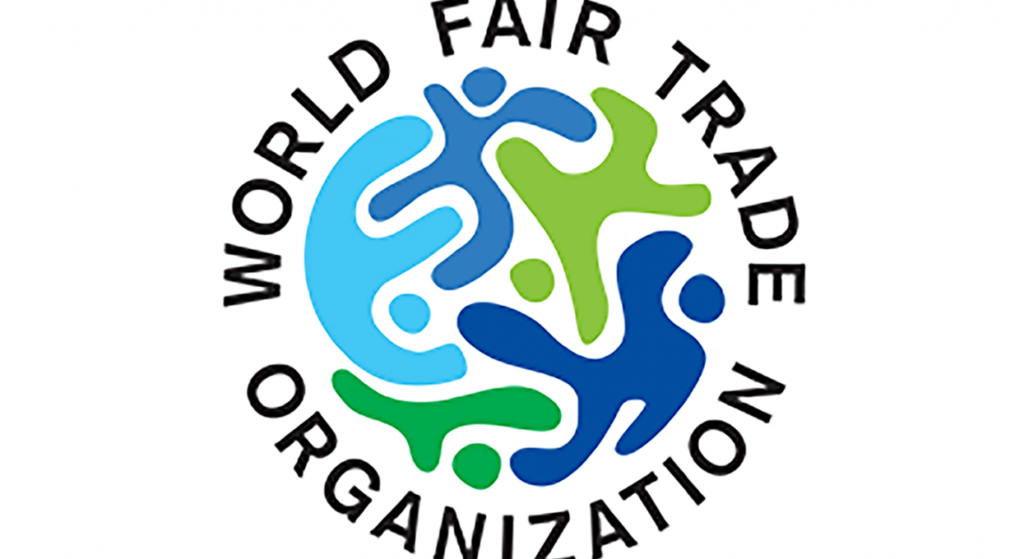
The World Fair Trade Organization (WFTO) is a member-based organisation that assesses brands on a number of different principles. While its main focus is not manufacturing specifically, it does look at that aspect as part of the process.
It pushes members to be transparent with where, how, and who made the products they sell. A WFTO label on a product guarantees it was made with social and environmental criteria in mind.
Bluesign
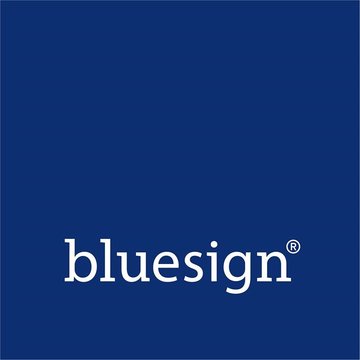
Bluesign is an independent authority, which works with brands and textile manufacturers to ensure sustainability from the farm all the way to the finished product. You can be sure products with the Bluesign label have met strict environmental and human standards. This includes consistent transparency from the raw material to the showroom floor.
OEKO-TEX
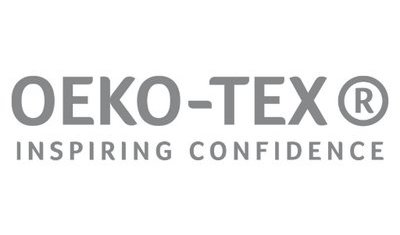
Oeko-Tex is a certification standard, which has various levels for different types of manufacturers. For products, both finished and unfinished, there are three labels you can get.
Made In Green Label
Ensures textiles are made in a sustainable way without harsh chemicals.
Standard 100 Label
Ensures all textiles, down to the smallest piece of yarn, have been tested for harmful substances.
Leather Standard Label
This is awarded to finished and raw materials without harmful substances.
Oeko-Tex also offers three other programs for manufacturers. First is STeP, which certifies production facilities of textiles. Second is the Detox to Zero, which helps textile and leather companies analyze and monitor their water and chemical usage. Third is ECO Passport, which helps identify harmful chemicals in textile productions.
Oeko-Tex is one of the most recognized certification schemes in the industry, and with its wide array of tools for producers, it’s a good step toward ethical manufacturing.
GOTS
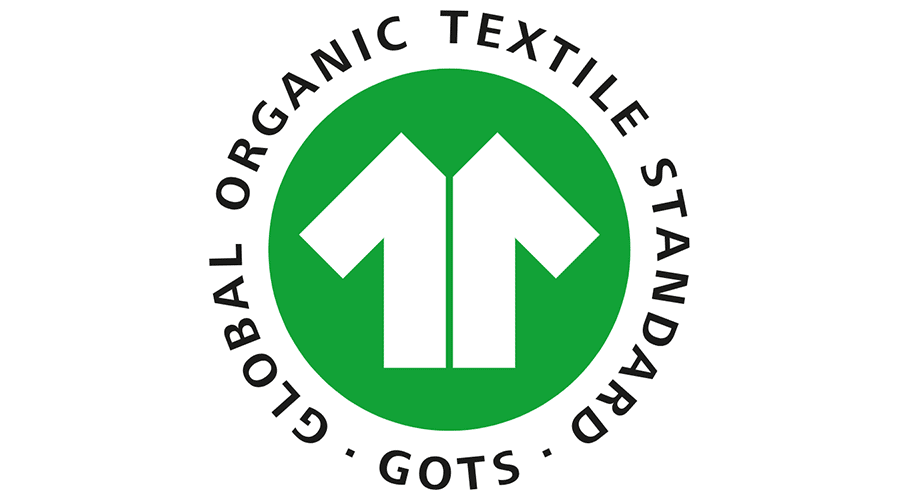
The Global Organic Textile Standard (GOTS) is a certification, which follows textiles from processing all the way to finishing. It stipulates that certain ecological and labour initiatives are met throughout the supply chain.
Some of these ecological stipulations include using 90 percent organic cotton, separating organic and non-organic fibres, prohibiting the use of toxic metals, dyes, and chemicals, and ensuring packaging doesn’t include any PVC.
On top of those, GOTS-certified manufacturers must ensure workers are there on their own accord, that they have collective bargaining powers, and working hours are not excessive. This is only some of the strict criteria that manufacturers must meet for a GOTS certification.
Touted as a leading certification program, it sets the highest level of criteria, and focuses on the whole manufacturing process instead of a single part.
Ethical Trading Initiative
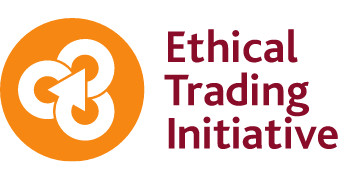
ETI is a group working toward workers’ rights. By joining as a member, a company is committing to improve transparency across the supply chain. Members agree to the ETI code of labour practice, which is based on standards set by the International Labour Organisation. While not perfect, ETI membership signals that a company is trying to improve work standards.
Fair Wear Foundation

Fair Wear is a membership program that focuses mainly on the garment industry. It is a wide-reaching organisation dealing with big problems by working with over 140 brands. The foundation works directly with factories to ensure better worker conditions, as well as lobbies for systematic change.
Similar to ETI, Fair Wear members commit to doing better, no matter what. Designed with a step-by-step process that any brand can implement, Fair Wear helps manufacturers at every step of the way.
Getting certified by one of the above organisations is an indicator that a company cares. However, it’s not an overall indicator since many of the organisations focus on one specific aspect. For example, GOTS focuses on organic textiles, but doesn’t address worker rights. Without knowing the whole picture, we can’t know for sure how ethical a brand may be.
If you want to make a purchase from a brand that uses manufacturers, which are considered ethical, do your research!
Most clothing companies should have a section on their website about “Corporate Responsibility”, “Modern Slavery Acknowledgement”, or “Ethical Practices”. If a company doesn’t have any, it’s a pretty good bet they aren’t using ethical manufacturers. Be on the lookout for signs of greenwashing, though.
Beyond that, look closely at what their policies state.
- Do they know exactly where and who made their products?
- Do they do in-person factory visits?
- What about carbon offsetting?
By digging a little deeper, you can often find exactly where a company is up to standard, and where they may have some more to learn.
What Can We Do?
Sometimes, it might not seem as if we have much power when it comes to major brands. The opposite is, in fact, true. By demanding transparency and traceability, we are encouraging brands to seek out ethical manufacturers and implement new ethical practices.
While fashion as an industry still has a long way to go, using ethical manufacturers is now more mainstream than ever. Companies are realizing that consumers, especially young ones, want transparency and traceability. Tearfund NZ found that even within the last year, many companies have significantly improved their ethical scores. The Fashion Revolution Index Fund also found the same.
This trend is on track to continue as more and more people consider the source of their clothes before buying. Hopefully, as we learn more about the process, we can vote with our wallets and put pressure on companies to continue choosing to be ethical.
Make it in their interest to make a change! It doesn’t happen overnight, but by continuing to learn, we can have a huge impact on the future of ethical manufacturing.
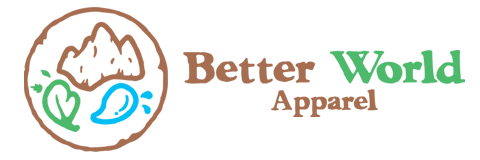
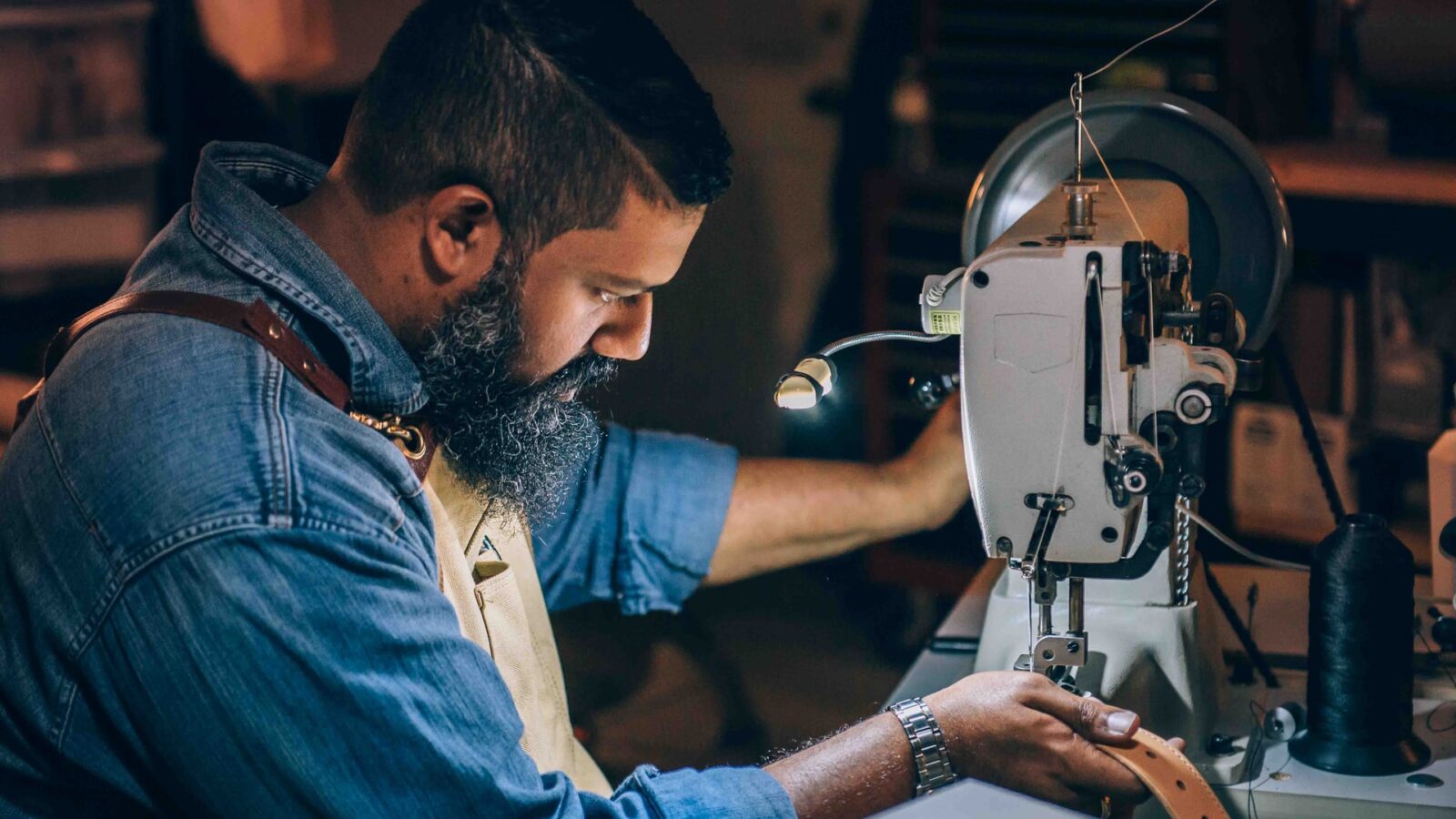
 How Can You Tell if a Clothing Item is Sustainable and Eco-Friendly?
How Can You Tell if a Clothing Item is Sustainable and Eco-Friendly?
Leave a Reply